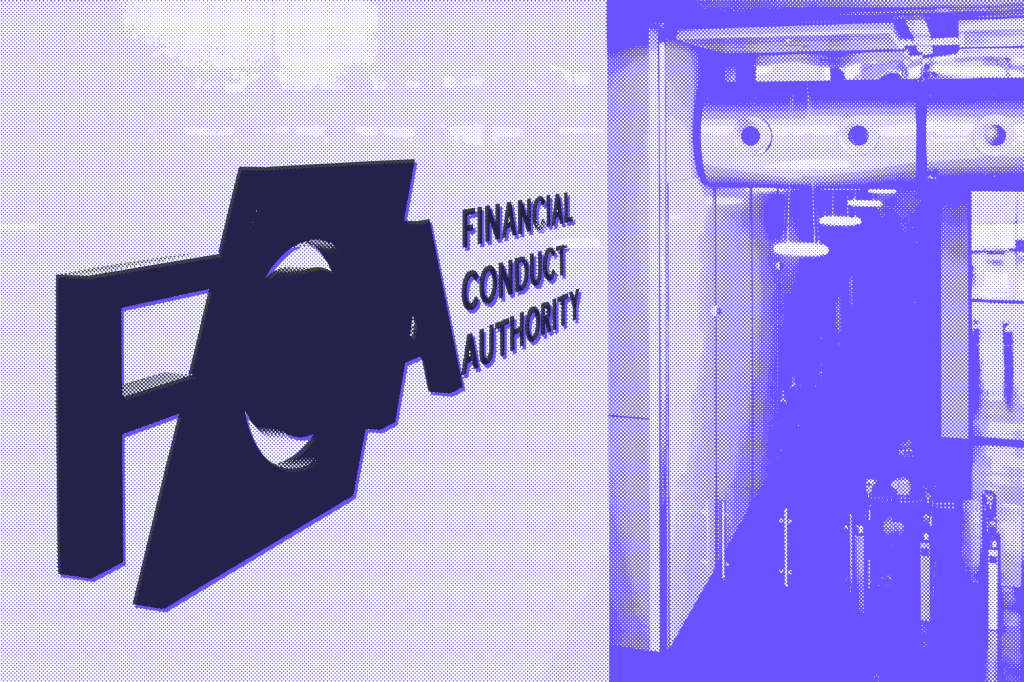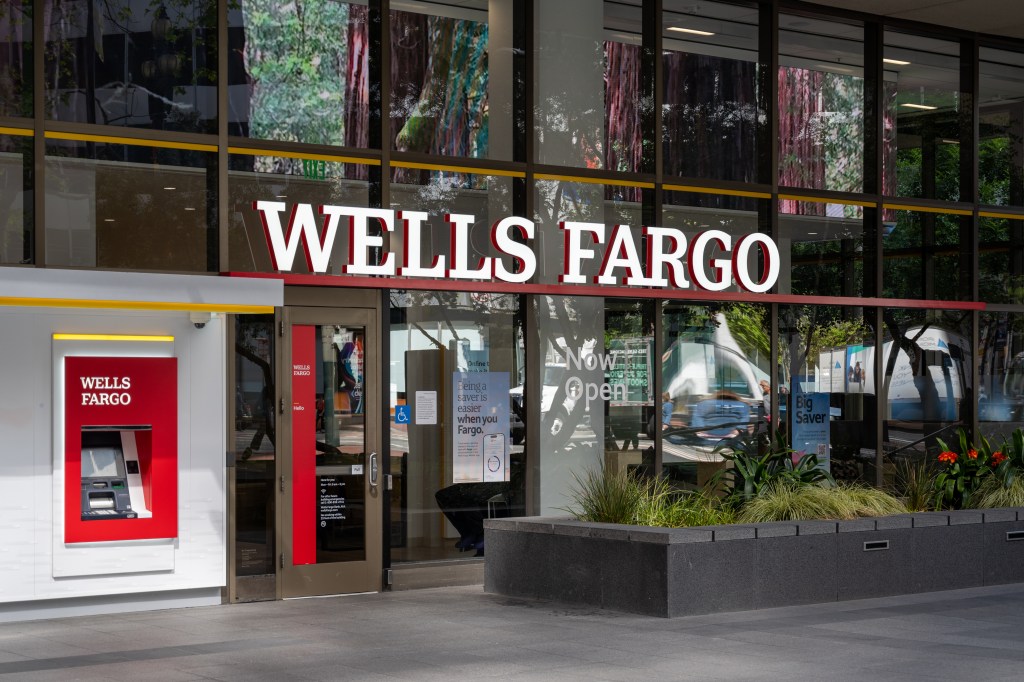The Office of the Comptroller of the Currency (OCC) said it has issued an enforcement action against Wells Fargo over flaws related to its anti-money-laundering (AML) internal controls and the bank’s financial crimes risk management practices.
The agency said it found deficiencies in several areas of the San Francisco-based lender’s controls and practices, including suspicious activity and currency transaction reporting, customer due diligence and Wells’ customer identification and beneficial ownership programs.
In the 26-page agreement, which did not come with a fine, the OCC ordered Wells to improve its internal controls, policies and procedures, reporting. It also wants to see improvements in management and board accountability around Wells’ Bank Secrecy Act (BSA) AML processes and its Office of Foreign Assets Control (OFAC) sanctions practices.
Compliance steps ordered
The bank must take corrective actions to remedy the deficiencies identified by the OCC, which include:
- Submitting a plan to address AML/BSA and OFAC sanctions shortcomings;
- Enhancing its audit program to evaluate effectiveness of BSA/AML and sanctions practices;
- Maintaining a board-level Compliance Committee of at least three members, a majority of whom must be directors who are not employees or officers of the bank, responsible for approving the action plan required here;
- Adopting a program “to ensure the integrity of data” relevant to BSA/AML and sanctions compliance systems, according to the agreement; and
- Seeking prior written approval from the agency before launching new products or services or entering new geographies.
The first item on the list – the action plan detailing its remedial measures – must be submitted within 120 days. According to the agreement, that plan should cover areas such as front-line risk management, independent risk management, independent testing, customer identification and suspicious activity identification.
It emphasized that the agreement is not a binding contract on the OCC but an exercise of its supervisory powers. With that said, the bank must submit all required reports and plans to the examiner-in-charge, and any amendments to the agreement must be in writing and approved by the OCC.
“We have been working to address a substantial portion of what’s required in the formal agreement, and we are committed to completing the work with the same sense of urgency as our other regulatory commitments,” the bank said in a statement.
Enforcement actions
Wells has been trying to put its highly publicized 2016 fake-accounts ordeal behind it – but the bank has been dogged with some regulatory enforcement actions.
Last year, the bank was assessed two more fines totaling $97.8m, for what the Federal Reserve and OFAC deemed its inadequate oversight of US sanctions compliance risks.
And it remains under a $1.95 trillion asset cap, imposed by the Federal Reserve in 2018 due to a series of widespread consumer abuses.
The bank has been working to address those issues and improve its governance and controls in hopes of having the cap lifted, but this action could be interpreted by banking regulators as the institution having ongoing compliance problems. It also signals the bank is on the regulatory radar and will continue to be.

















